Last Friday evening, we welcomed Phil Kaye of Project Voice to an all-school assembly where he shared his powerful spoken word poetry. Phil joined English classes on Saturday morning as well, empowering students to share their own voice through poetry. Phil’s visit to campus reminded us of the importance of hearing and seeking out varied voices within our community.
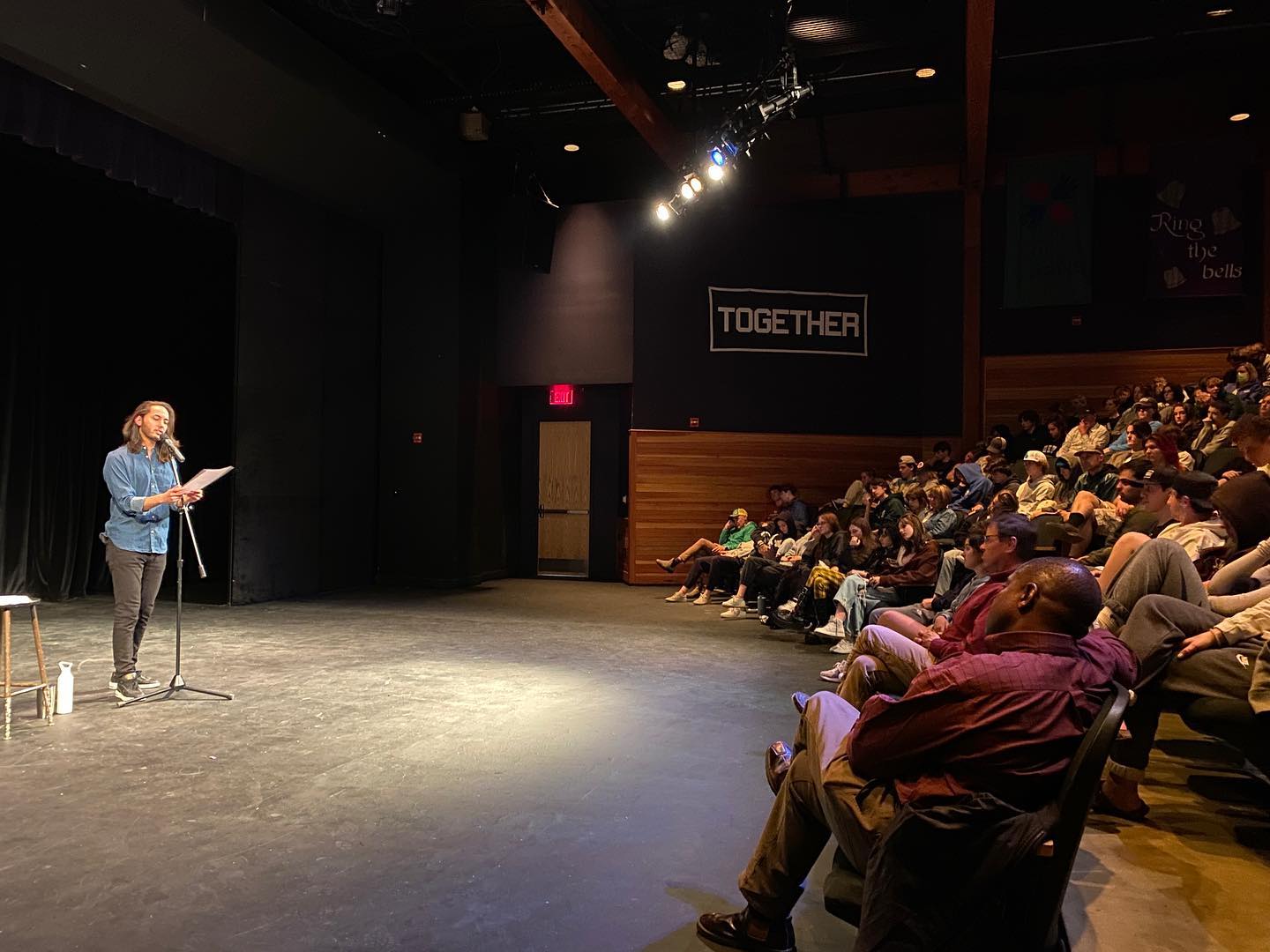
As Phil worked with students to write and then share poems during Saturday’s classes, he helped students tap into incredibly personal narratives, and then find the confidence to share with their peers. On May 6, we will host an all-school poetry slam and spoken word celebration where students will have the opportunity to share their work in front of the whole school. In some communities of adolescents you might question how many students would actually stand in front of their peers and share their voices. At Proctor, this is simply something students do because they trust the environment in which they learn. Where there is trust, there is risk-taking. Where there is risk-taking, there is growth, and where there is growth there is identity formation.
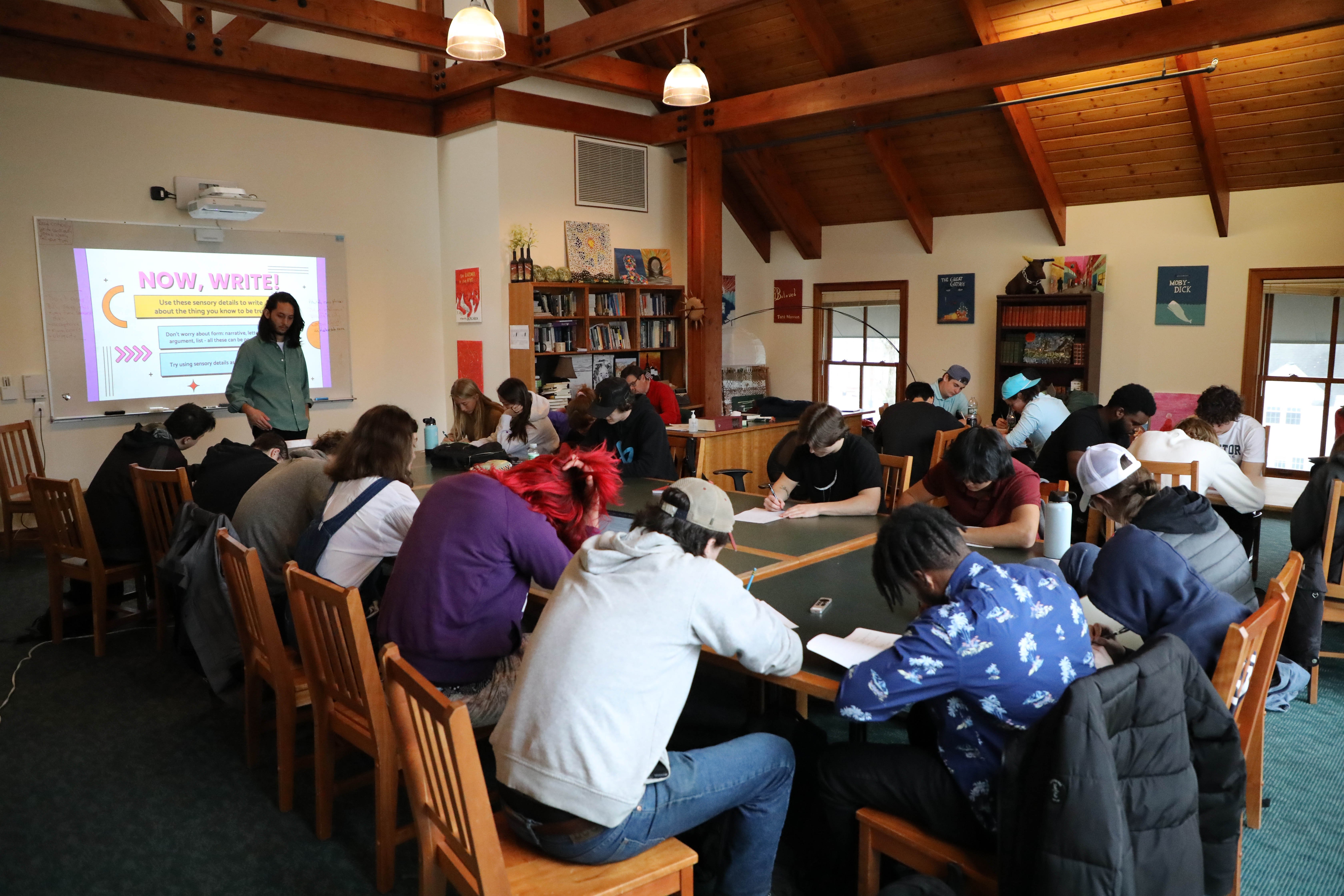
A few years ago, Cody Delistraty’s published THIS essay on AEON, titled The Coming of Age Con. He challenged a dominant perception of identity that has long sat at the core of a boarding school’s value proposition: self-discovery through coming of age experiences is critical to young people. I shared the following excerpt of the essay in this blog post:
“The idea of there being a single ‘self’, hidden in a place that only maturity and adulthood can illuminate and which, like archaeologists, we might dig and dust away the detritus to find, is to believe that there is some inner essence locked within us – and that unearthing it could be a key to working out how to live the rest of our lives. This comforting notion of coming of age, of unlocking a true ‘self’ endures, even though it is out of step with current thinking in psychology, which denies a singular identity, and instead posits the idea of staged development, or an eternally malleable sense of self that shifts as we grow older, and with the uniqueness of our personal experience.”
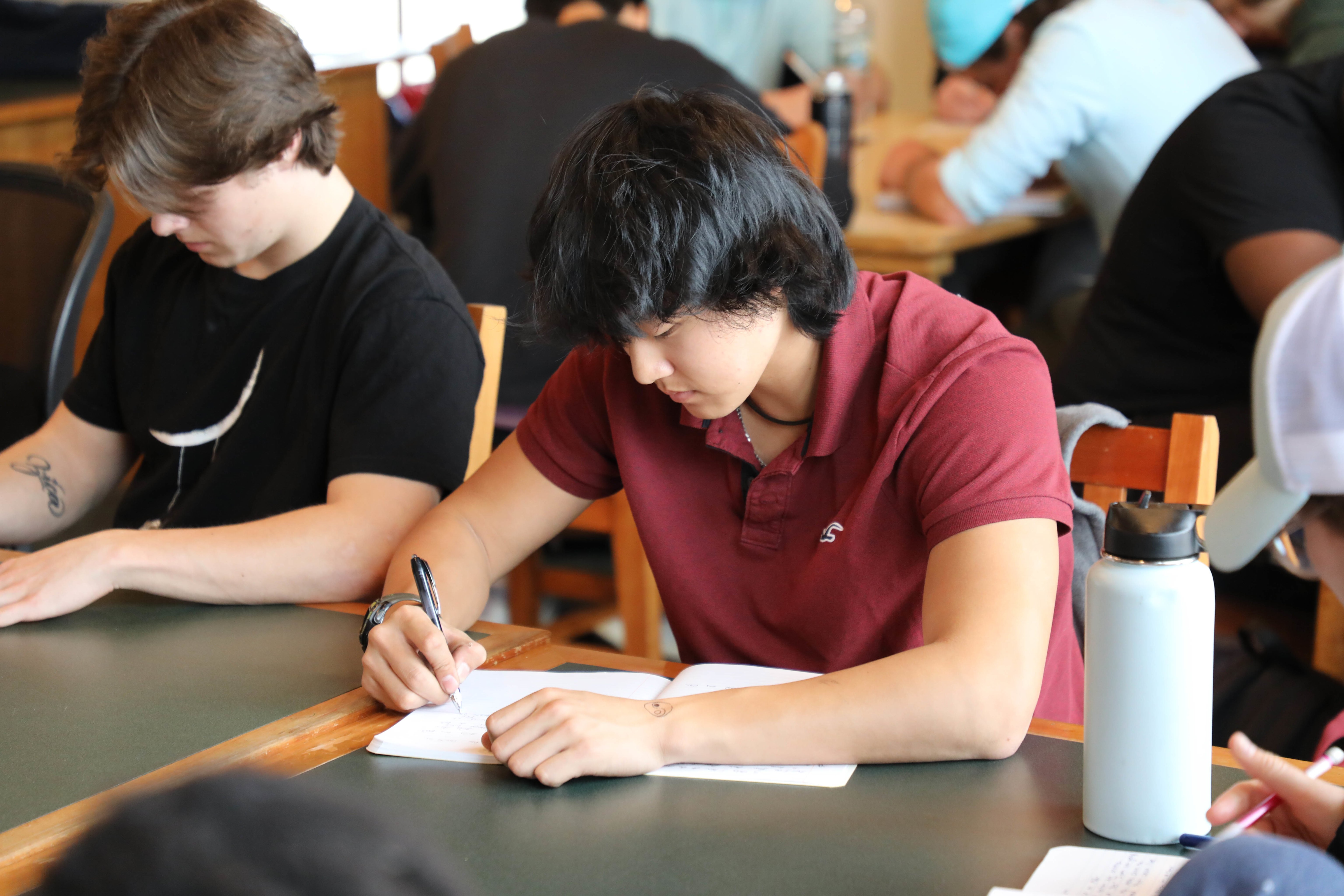
As parents, we wait with great anticipation for the ‘moment’ our children come of age. But, what we have known for generations as educators is that maturation is a slow, gradual, incremental, non-linear process. There is no magical moment, no singular transformative experience. If we believe every child, every human, is on their own unique journey through life with an identity as fluid as the experiences they will encounter, it is our responsibility to not only surround our students with trusting relationships, but to introduce new and different perspectives into their lives as well.
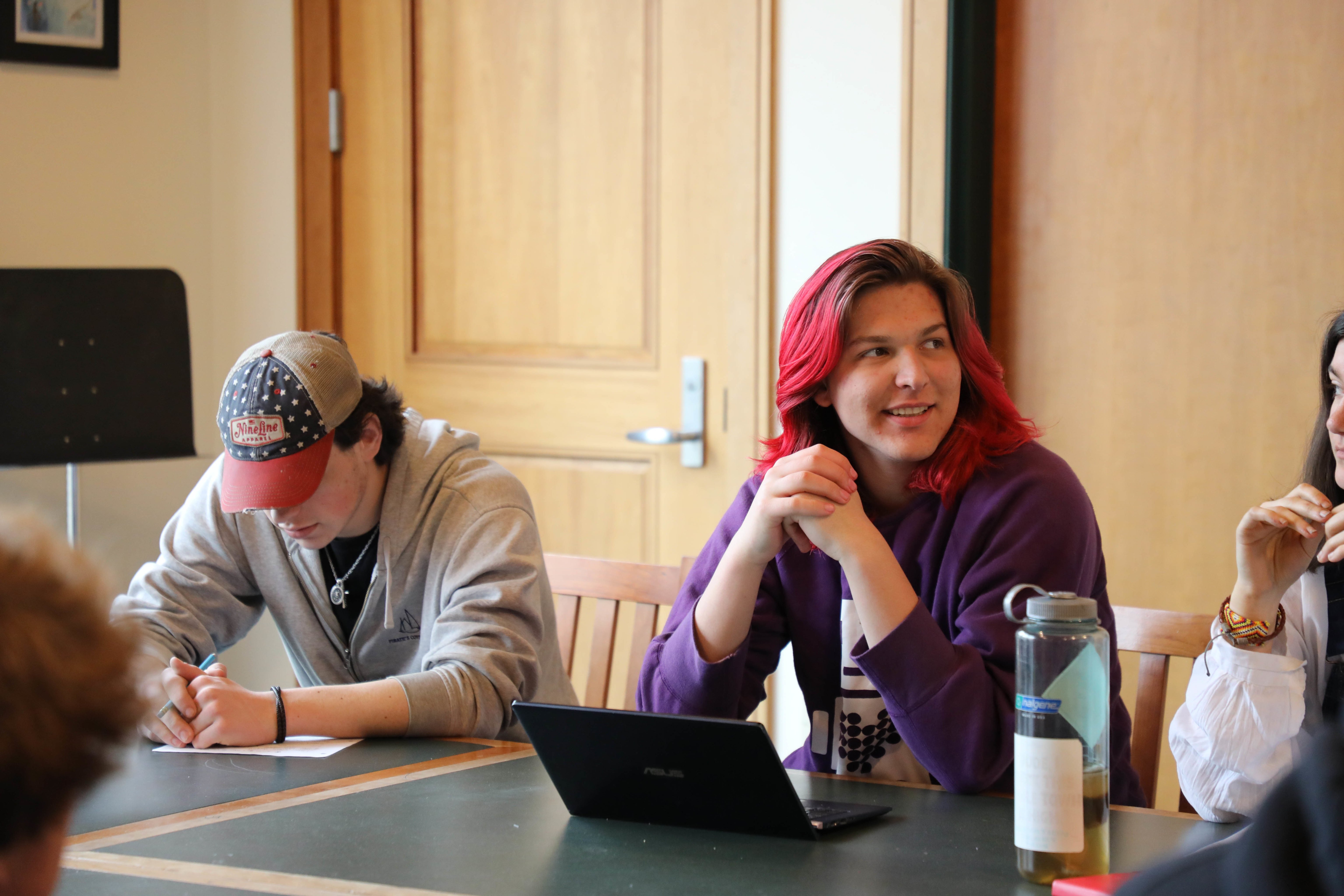
We seek to do this through guest speakers like Phil Kaye, through intentional community programs focused on elevating historically quieted voices, and through intentional curriculum decisions across all disciplines. We know students are having life-changing, perspective expanding experiences off-campus as they explore France, Spain, Costa Rica, ports along the eastern seaboard and deep south, and stops throughout the American Southwest. We see classes like Voices of Color in action in our English Department and Culture and Conflict as an interdisciplinary Humanities course and witness the expanding of world views. And then we listen to our students, young people who possess remarkably diverse life experiences, as they sit at meals together and share their own stories with one another and remember that it is through the very act of being in the presence of others that we shape and form, and reform our sense of self and our identity.
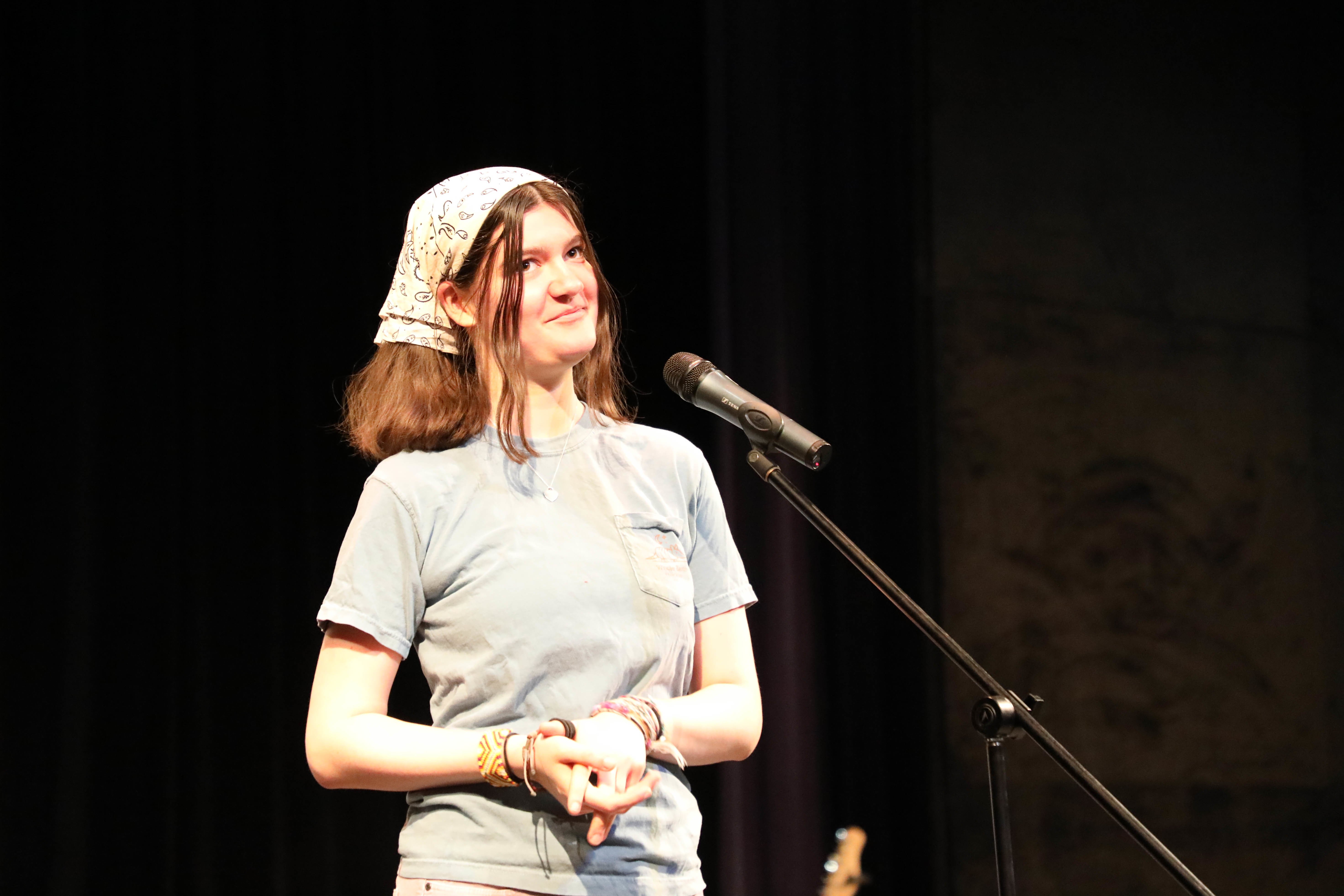
Voices are an incredibly powerful learning tool, both when we have the confidence to use them to tell our story and the opportunity to listen to others as they share theirs. When we create space to simply be in the presence of each other and in the presence of ourselves, we discover the power of our voice.








